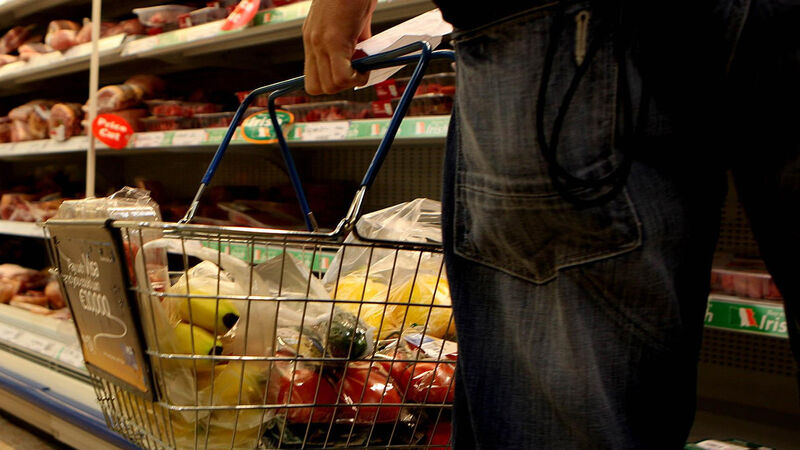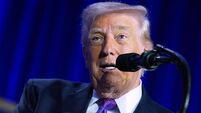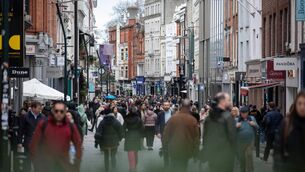UK economic contraction heralds start of protracted recession

British household spending fell by 0.5% in the quarter.
The UK economy shrank in the third quarter for the first time since the final lockdown of the pandemic as the cost-of-living crisis squeezed spending.
Gross domestic product fell 0.2%, marking the start of what is expected to be a protracted recession.











